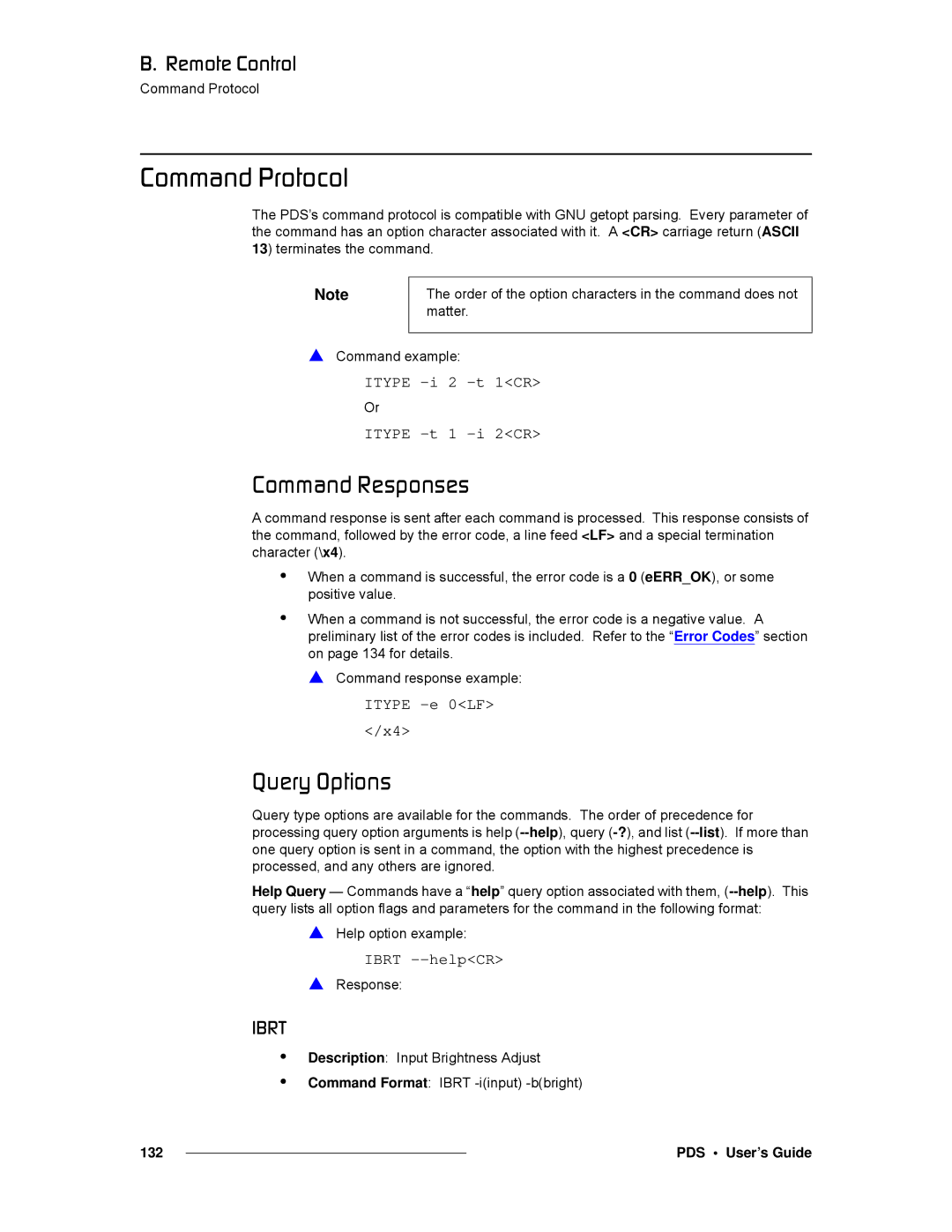SJ/T 11363-2006 specifications
Barco SJ/T 11363-2006 is a significant technical standard issued in China that focuses on the methods and guidelines for determining the optical performance of digital displays. Developed to enhance the quality and consistency of visual display technologies, this standard serves as a crucial reference for manufacturers and end-users alike.One of the main features of Barco SJ/T 11363-2006 is its emphasis on quantitative assessment of attributes that are vital for display performance. This includes parameters such as brightness, contrast ratio, color accuracy, and response time. By establishing clear testing protocols and benchmarks, the standard enables a uniform evaluation process across various display technologies including LCD, LED, and OLED displays.
A key aspect of Barco SJ/T 11363-2006 is its incorporation of technologies that measure the viewing experience. This includes both subjective and objective test methods. The subjective methods involve human observers assessing the display quality under controlled lighting conditions, whereas objective methods employ sophisticated instruments to measure optical properties. This dual approach ensures a comprehensive analysis of how displays perform in real-world scenarios and their alignment with user expectations.
The standard also addresses energy efficiency, prompting manufacturers to consider power consumption alongside performance metrics. This characteristic is increasingly important as consumers demand more environmentally friendly technologies. By promoting energy-efficient designs, Barco SJ/T 11363-2006 aligns with global efforts to reduce the carbon footprint of electronic devices.
Moreover, Barco SJ/T 11363-2006 encourages innovation in display technologies by providing a framework where manufacturers can test and showcase their advancements in optical performance. This not only fosters healthy competition in the market but also accelerates technological progress in display manufacturing.
In summary, Barco SJ/T 11363-2006 plays a vital role in standardizing the evaluation of digital displays in China. Through its focus on various optical performance metrics, the incorporation of advanced testing technologies, and a commitment to energy efficiency, this standard not only enhances product quality but also improves user satisfaction. Its influence extends beyond national borders, as it sets a precedent for similar standards worldwide in the digital display industry.

